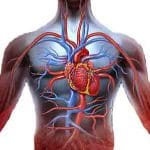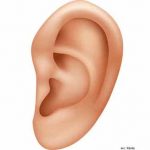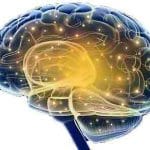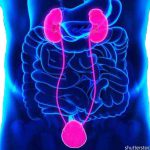NEWS on nervous system implants
Spelling interface using intracortical signals in a completely locked-in patient enabled via auditory neurofeedback training
Patients with amyotrophic lateral sclerosis (ALS) can lose all muscle-based routes of communication as motor neuron degeneration progresses, and ultimately, they may be left without any means of communication. While others have evaluated communication in people with remaining muscle control, to the best of our knowledge, it is not known...
Spinal cord neuromodulation rapidly restores trunk and leg motor functions after complete paralysis
Three people once paralysed by complete spinal-cord injuries can walk, swim, work the pedals of a bicycle and even paddle canoes, thanks to an implant that stimulates neurons in their spinal cords. Epidural electrical stimulation (EES) targeting the dorsal roots of lumbosacral segments restores walking in people with spinal cord...
Closed-loop neuromodulation in an individual with treatment-resistant depression
Deep brain stimulation is a promising treatment for neuropsychiatric conditions such as major depression. Closed-loop therapy resulted in a rapid and sustained improvement in depression. Future work is required to determine if the results and approach of this n-of-1 study generalize to a broader population. Author(s) Source Scangos KW, Khambhati AN,...
Vagus nerve stimulation paired with rehabilitation for upper limb motor function…
Vagus nerve stimulation paired with rehabilitation for upper limb motor function after ischaemic stroke (VNS-REHAB): a randomised, blinded, pivotal, device trial Long-term loss of arm function after ischaemic stroke is common and might be improved by vagus nerve stimulation paired with rehabilitation. We aimed to determine whether this strategy is...
Neuroprosthesis for Decoding Speech in a Paralyzed Person with Anarthria
Technology to restore the ability to communicate in paralyzed persons who cannot speak has the potential to improve autonomy and quality of life. An approach that decodes words and sentences directly from the cerebral cortical activity of such patients may represent an advancement over existing methods for assisted communication. We...
Neuroprosthesis for Decoding Speech in a Paralyzed Person with Anarthria
Technology to restore the ability to communicate in paralyzed persons who cannot speak has the potential to improve autonomy and quality of life. An approach that decodes words and sentences directly from the cerebral cortical activity of such patients may represent an advancement over existing methods for assisted communication. In...
High-performance brain-to-text communication via handwriting
Brain–computer interfaces (BCIs) can restore communication to people who have lost the ability to move or speak. So far, a major focus of BCI research has been on restoring gross motor skills, such as reaching and grasping or point-and-click typing with a computer cursor. However, rapid sequences of highly dexterous...
Find NEWS and PUBLICATIONS here according to your interests or use the search box.









